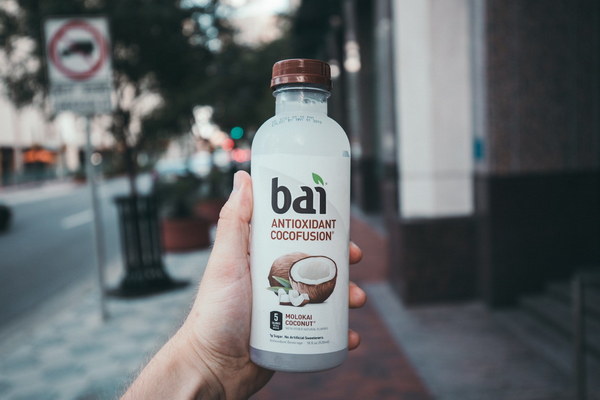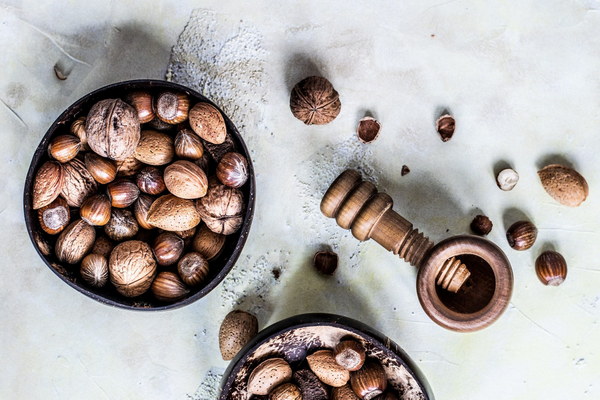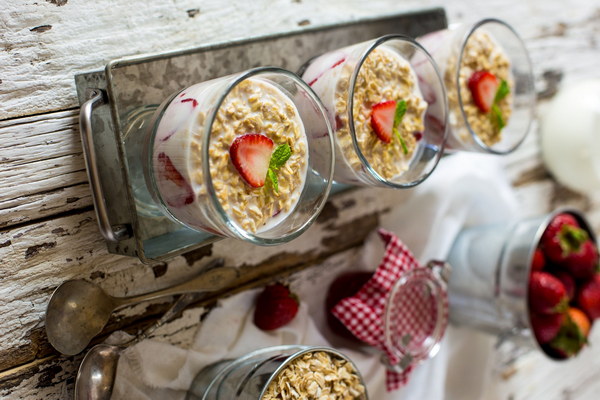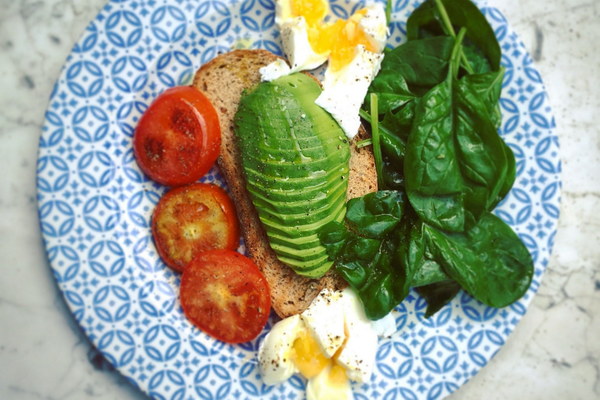Nourishing Your Spleen A Guide to Spleen-Yin Deficiency through Diet
In traditional Chinese medicine, the spleen plays a crucial role in the body's digestive and metabolic processes. An imbalance in the spleen's functions can lead to a variety of health issues, such as fatigue, bloating, and poor appetite. One common imbalance is spleen-yin deficiency, where the spleen lacks the necessary moisture to perform its duties effectively. To address this, it's essential to adopt a diet that supports and nourishes the spleen. Here's a comprehensive guide to spleen-yin deficiency and how diet can help restore balance.
Understanding Spleen-Yin Deficiency
Spleen-yin deficiency occurs when the body's yin, or cooling, energy, is depleted, leaving the spleen unable to produce the necessary fluids and nutrients. This condition often manifests in symptoms such as:
- Weakness and fatigue
- Dizziness
- Poor appetite
- Bloating and abdominal distension
- Diarrhea
- Weight loss
- Paleness or thinning hair
By focusing on foods that nourish the spleen and replenish yin, you can help alleviate these symptoms and restore your body's balance.
Foods to Nourish the Spleen and Replenish Yin
1. Sweet Potatoes and Carrots: These starchy vegetables are rich in beta-carotene and vitamin A, which help support the spleen and improve digestion.
2. Millet: A gluten-free grain, millet is easy to digest and helps to strengthen the spleen. It's also a good source of B vitamins, which aid in energy production.
3. Pumpkin: This versatile vegetable is low in calories yet packed with fiber and beta-carotene, making it an excellent choice for those with spleen-yin deficiency.
4. Soy Products: Tofu, tempeh, and edamame are all good sources of protein and contain isoflavones, which may help nourish the spleen and support hormone balance.

5. Quinoa: This gluten-free, high-protein grain is rich in B vitamins and minerals, making it an ideal food for those with spleen-yin deficiency.
6. Rice Noodles: Made from rice, these noodles are easily digested and provide a gentle source of energy without overburdening the spleen.
7. Chickpeas: These legumes are high in protein, fiber, and B vitamins, making them a nutritious addition to any diet. They also help support the spleen's function.
8. Green Vegetables: Dark leafy greens such as spinach, kale, and collard greens are rich in iron, calcium, and vitamins A and K, which are essential for the spleen's health.
9. Fruits: Apples, pears, and figs are all good choices for those with spleen-yin deficiency. They're sweet and cooling, which helps to nourish the yin.
10. Herbs and Spices: Herbs like astragalus, codonopsis, and licorice root are known for their spleen-nourishing properties. Spices like ginger and cinnamon can help improve digestion and increase circulation.
Incorporating these foods into your diet can help address spleen-yin deficiency. However, it's important to note that individual needs may vary, and it's always best to consult with a healthcare professional or a qualified practitioner of traditional Chinese medicine before making significant changes to your diet.
Cooking and Preparation Tips
When preparing meals for someone with spleen-yin deficiency, it's essential to cook the foods in a way that makes them easy to digest and absorbs the maximum amount of nutrients. Here are some tips:
- Steam, sauté, or boil vegetables to preserve their nutrients and make them more easily digestible.
- Use gentle cooking methods, such as simmering or slow cooking, to extract the maximum flavor and nutritional benefits from grains and legumes.
- Avoid overcooking, as this can deplete the nutrients and increase the risk of stomach upset.
- Incorporate soups and stews into your diet, as they provide a liquid base that helps nourish the spleen and keep the digestive system in balance.
By focusing on a diet that nourishes your spleen and replenishes yin, you can help alleviate the symptoms of spleen-yin deficiency and improve your overall health. Remember to consult with a healthcare professional or a qualified practitioner of traditional Chinese medicine to tailor your diet to your specific needs.









